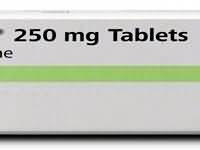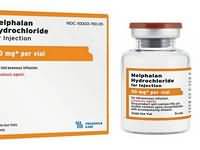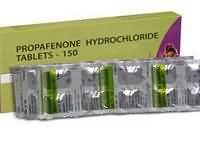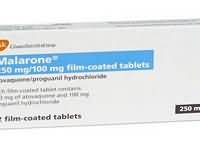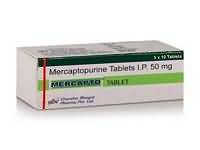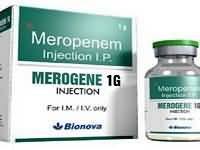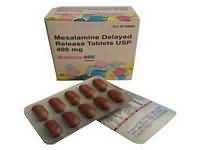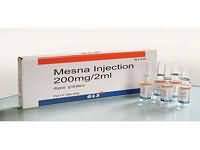praziquantel

CLINICAL USE
Treatment of tapeworm Hymenolepis nana Schistosoma haematobium worms infectionsDOSE IN NORMAL RENAL FUNCTION
Tapeworm: 5–10 mg/kg after a light breakfastHymenolepis nana: 25 mg/kg Schistosomiasis: 20 mg/kg repeated after 4–6 hoursS. japonicum : 60 mg/kg in 3 divided doses on 1 dayPHARMACOKINETICS
DOSE IN RENAL IMPAIRMENT
GFR (mL/MIN)
DOSE IN PATIENTS UNDERGOING RENAL REPLACEMENT THERAPIES
IMPORTANT DRUG INTERACTIONS
Potentially hazardous interactions with other drugsCarbamazepine, phenytoin, chloroquine: reduce bioavailability of praziquantelCimetidine and albendazole: increases bioavailabilityADMINISTRATION
Reconstition
–Route
OralRate of Administration
–Comments
–OTHER INFORMATION
Available on a named patient basis from Merck (Cysticide)One study did not show any adverse effects in a haemodialysis patient
See how to identify renal failure stages according to GFR calculation
See how to diagnose irreversible renal disease
Home
